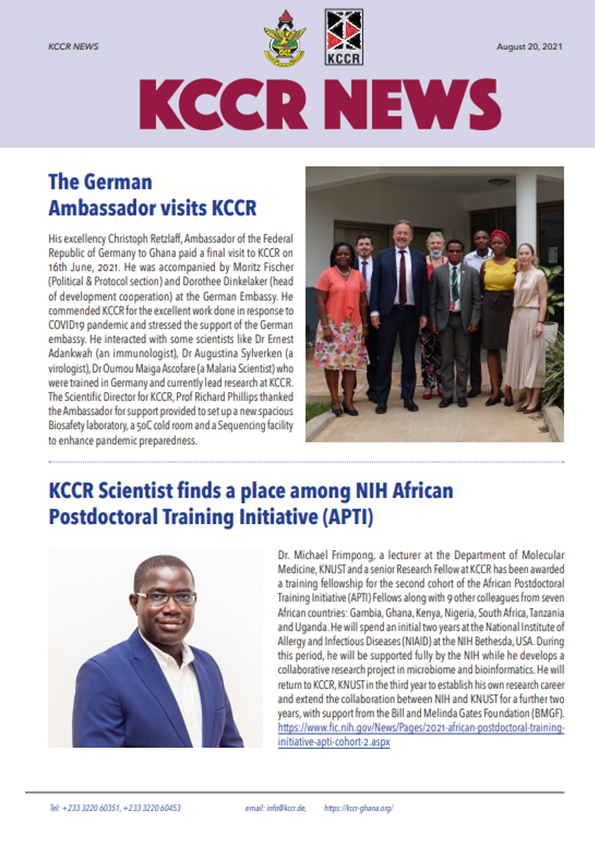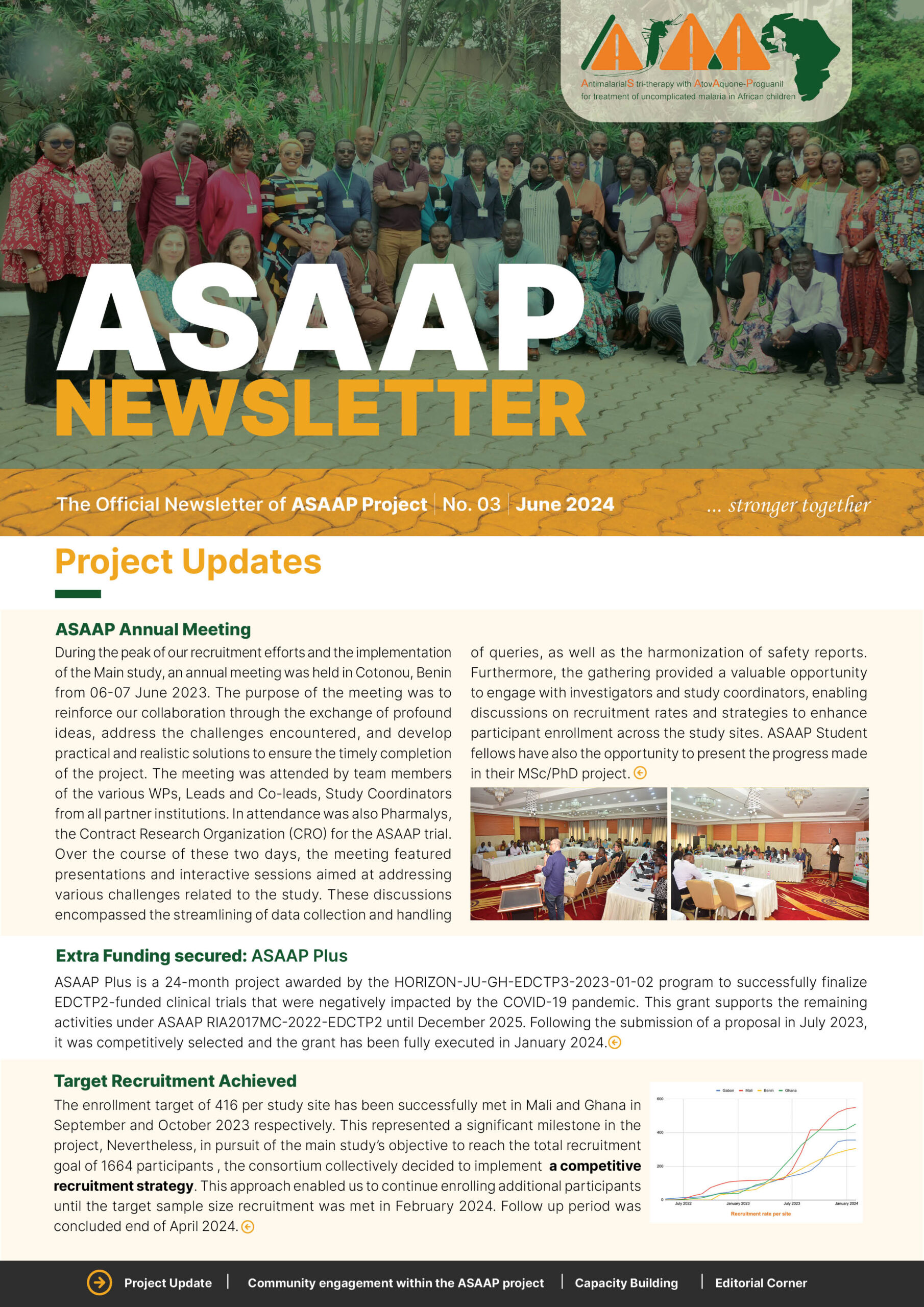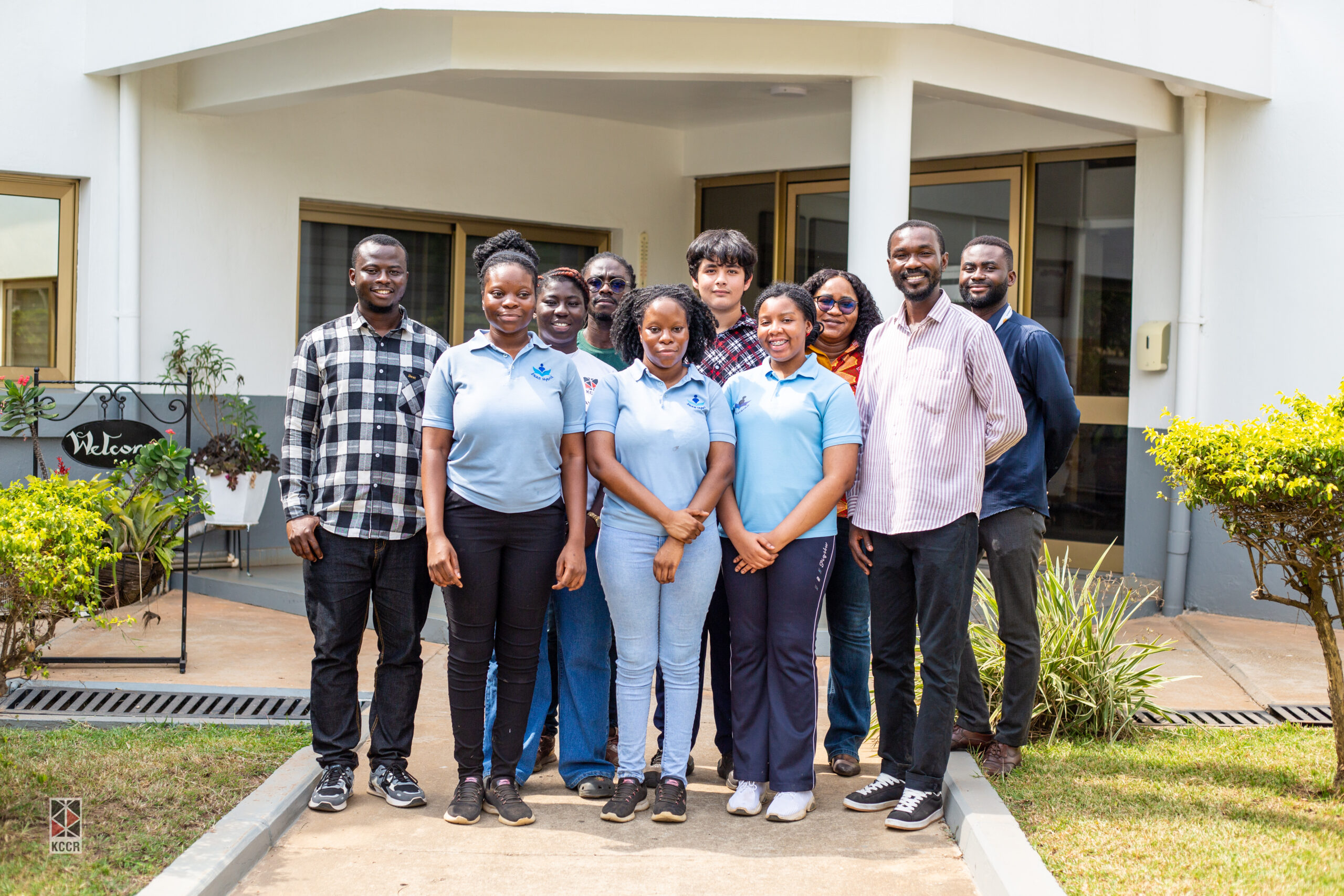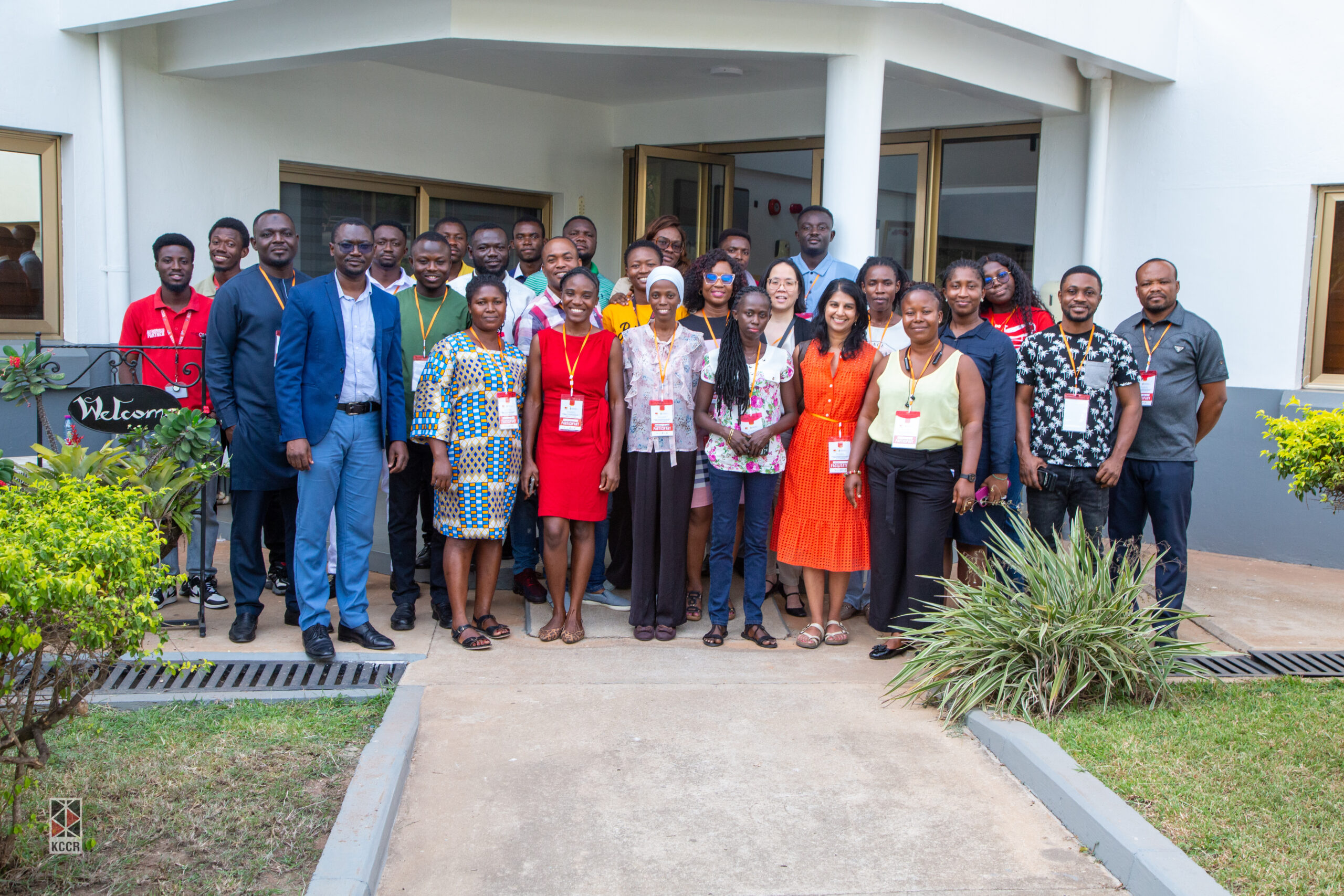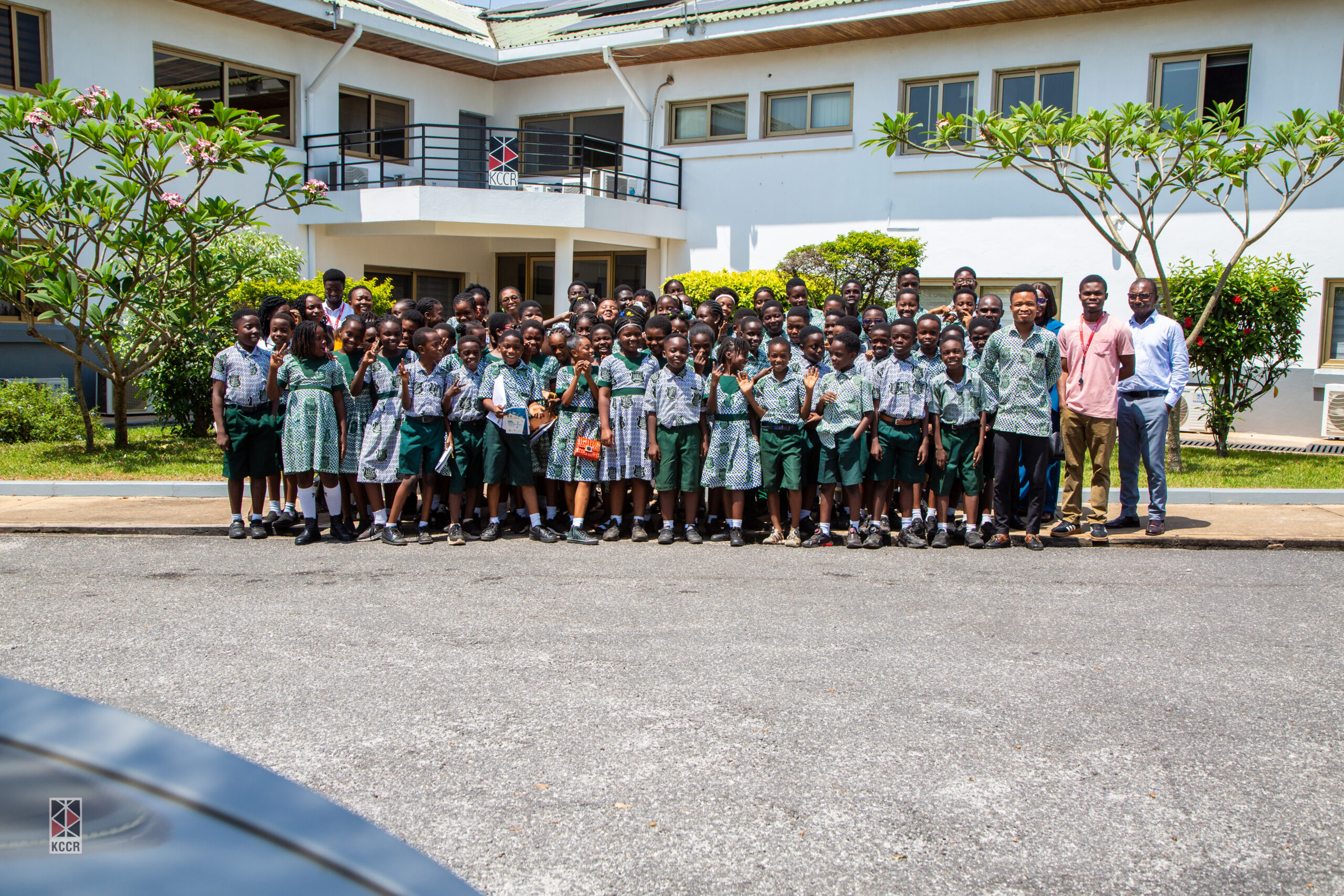Dr. John Humphrey Amuasi, Group Leader for the Global Health and Infectious Disease Epidemiology Research Group at KCCR(KNUST) and Senior Lecturer at the School of Public Health KNUST is worried inequities are still hampering quality healthcare delivery in Africa. He observed: “Compared to high-income countries, low-middle-income countries are disproportionately impacted health-wise and economically by the harmful effects of climate change as well as policies intended to mitigate climate change.”
Speaking as faculty at the tropEd Network’s first tropEd Global Health Summer School, Dr. Amuasi fingered the low involvement of African leaders in addressing global health concerns.
“The involvement of African actors in leadership and driving the agenda and advocacy for funding, research, control, elimination and adaptation strategies in Health and Climate co-benefits remains low. At the heart of Global Health is inequalities, and the solution is collaboration; multi-sectoral collaboration at the government, advocacy, and academic levels.”
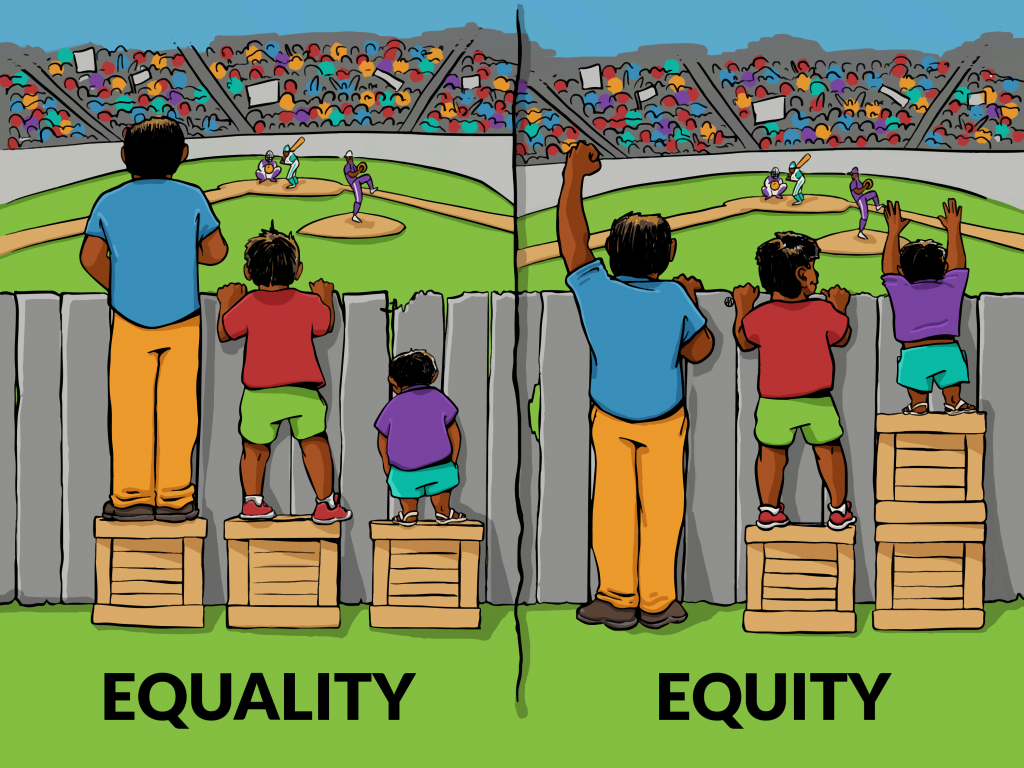
The five-day summer school organized by the tropEd, allowed its thirteen tropEd member Institutions to each host a session at the event. Experts from African, European, and Latin American higher education institutions addressed topics including Global Perspectives on Digital Health, Gender-based Violence, Health and Healthcare, History of International Health and Colonial Heritage, Global Child Health and several others.
The summer school which was entirely online was designed for individuals with a general interest in global health and the tropEd Network, or those interested in studying for a master’s degree in global health.
tropEd is a global network of higher education institutions in international and global health from Europe, Africa, Asia, Australia, and Latin America. tropEd offers postgraduate education and training possibilities that contribute to long-term development. It focuses on improving the management of health services for disadvantaged populations. The innovative approach is based on the mobility of people, the exchange of experiences in different disciplines, and the establishment of a common standard in education and training.
In a session Hosted by the Bernhard Nocht Institute for Tropical Medicine (BNITM), Dr. Amuasi gave an overview of Global Health covering some key global health issues such as Infectious Diseases, Antimicrobial Resistance (AMR), Non-Communicable Diseases, and One Health among others.
He started by pointing out limitations that persist in providing accurate measurements of health and disease for policy making.
“Though the current global burden of disease estimates are undoubtedly essential, they are limited in data quality and how they take into account differences in settings and socioeconomic factors and therefore might not reflect the true situation on the ground for some countries,” he explained.
He stressed the importance of understanding the relationship between humans, animals, and the shared environment in order to appreciate the origins and drivers of pandemics such as COVID-19.
Dr. Amuasi who doubles as Executive Director for the African Research Network for Neglected Tropical Diseases (ARNTD), again touched on Neglected Tropical Diseases (NTDs) within the scope of global health.
“In truth, when we speak of NTDs, it is not the disease that is neglected but rather the people inflicted by these diseases. This brings into focus the socioeconomic divide which needs to be addressed.” he sounded.
Dr Amuasi also spoke about the origins and modern milestones in the evolution of the ‘One Health’ concept. He hammered in the need for shared and effective governance in order to apply One Health from the community to the global level. This teased into matters of Antimicrobial Resistance (AMR) and Climate Change.
“The health and sustainability of the socioecological system is determined by the health of animals, humans, and the shared environment,” he said.
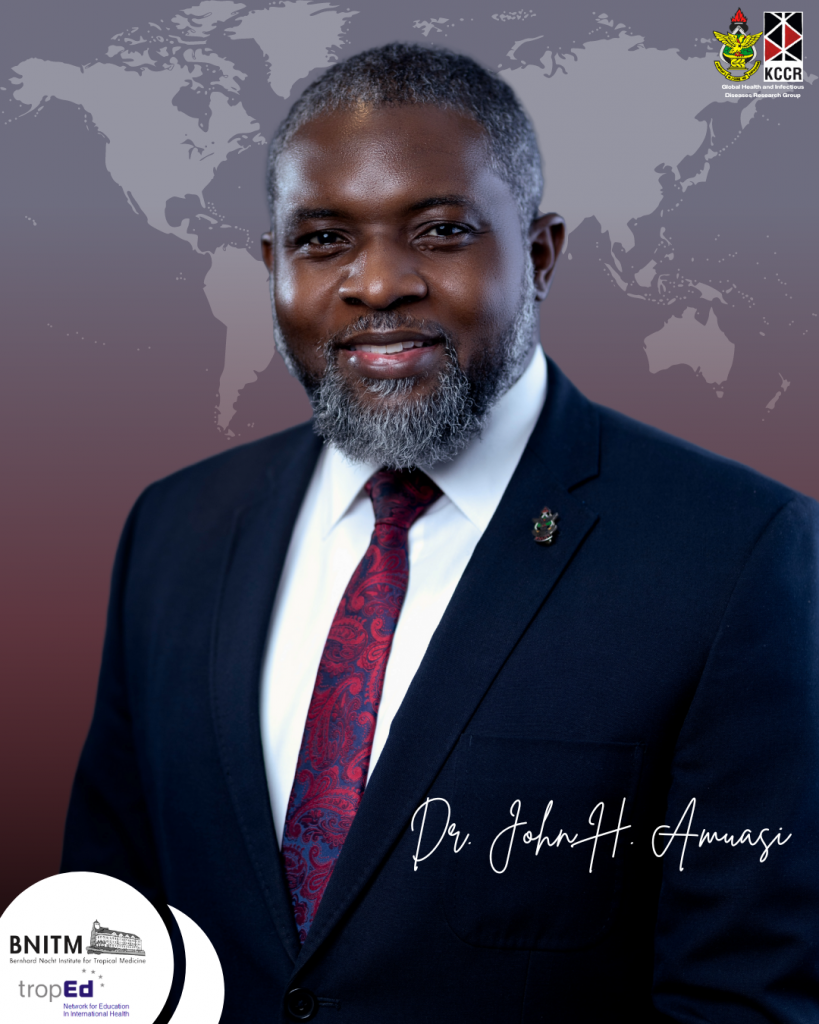
Dr. John Amuasi is Head of the Department of Global Health at the School of Public Health, KNUST; leader of the Global Health and Infectious Diseases Research Group at the Kumasi Centre for Collaborative Research in Tropical Medicine in Kumasi, Ghana and the Bernhard Nocht Institute for Tropical Medicine in Hamburg, Germany; and co-chair of the Lancet One Health Commission.
tropEd Participating Institutions:
Bernhard Nocht Institute for Tropical Medicine (BNITM); Center of International Health (CIH), LMU; Charité Universitätsmedizin Berlin; Heidelberg Institute of Global Health; Ifakara Health Institute; Instituto de Higiene e Medicina Tropical (IHMT), Lisbon; Instituto de Salud Global Barcelona (IS Global); Institute of Tropical Medicine (ITM), Antwerp; National Institute of Public Health of Mexico (INSP); Royal Tropical Institute (KIT), Amsterdam; Swiss Tropical and Public Health Institute (Swiss TPH); Umeå University; University of Witten/Herdecke


